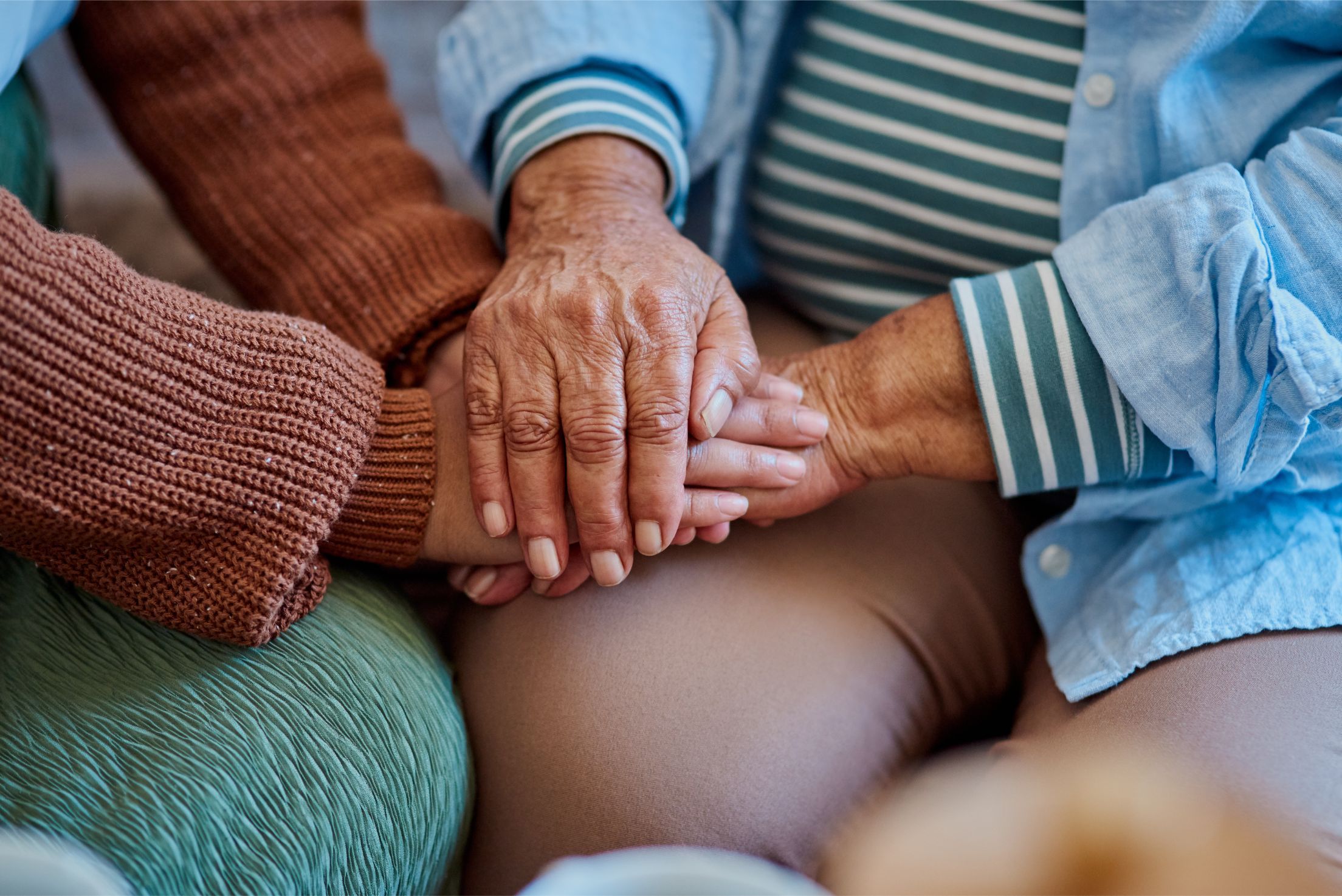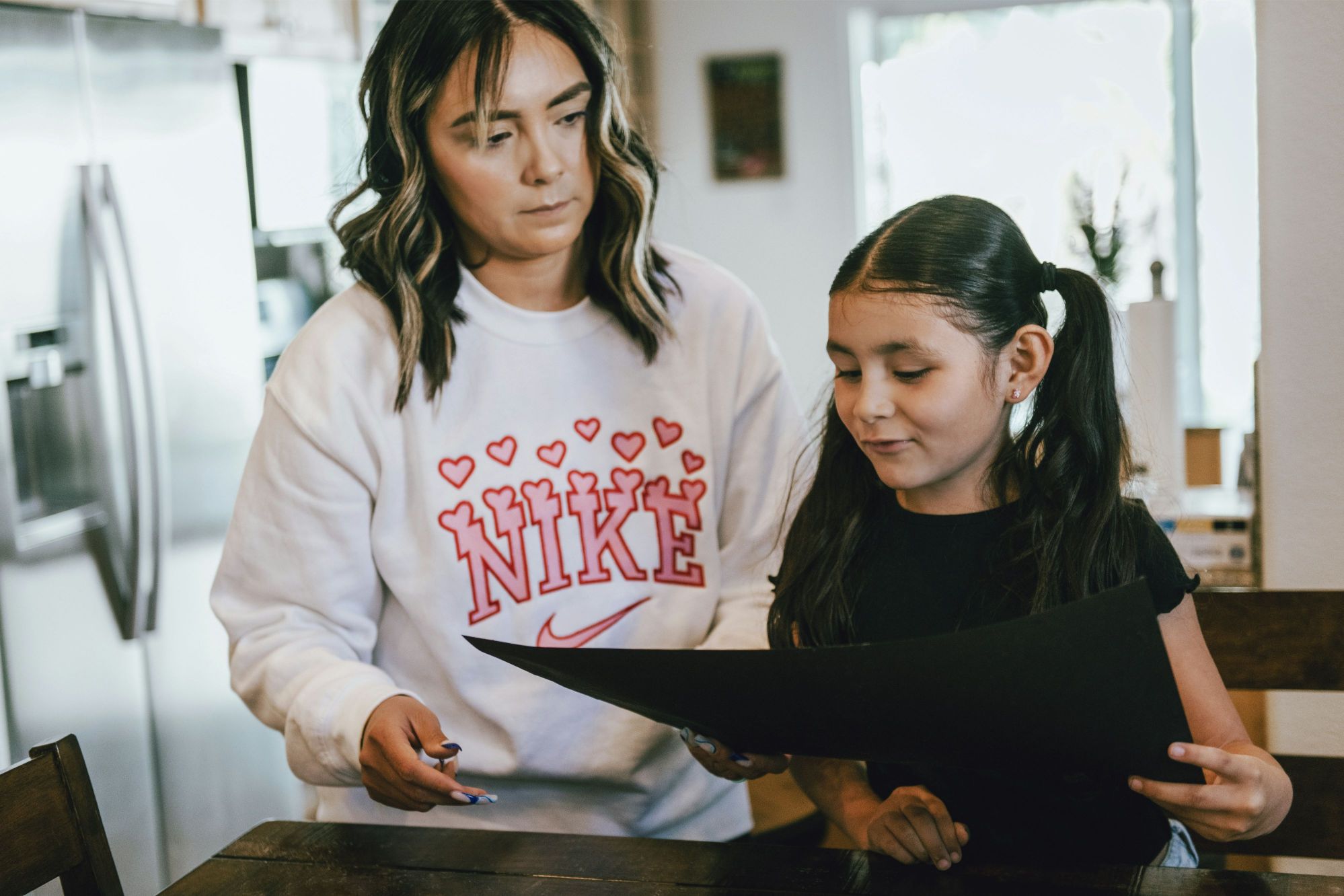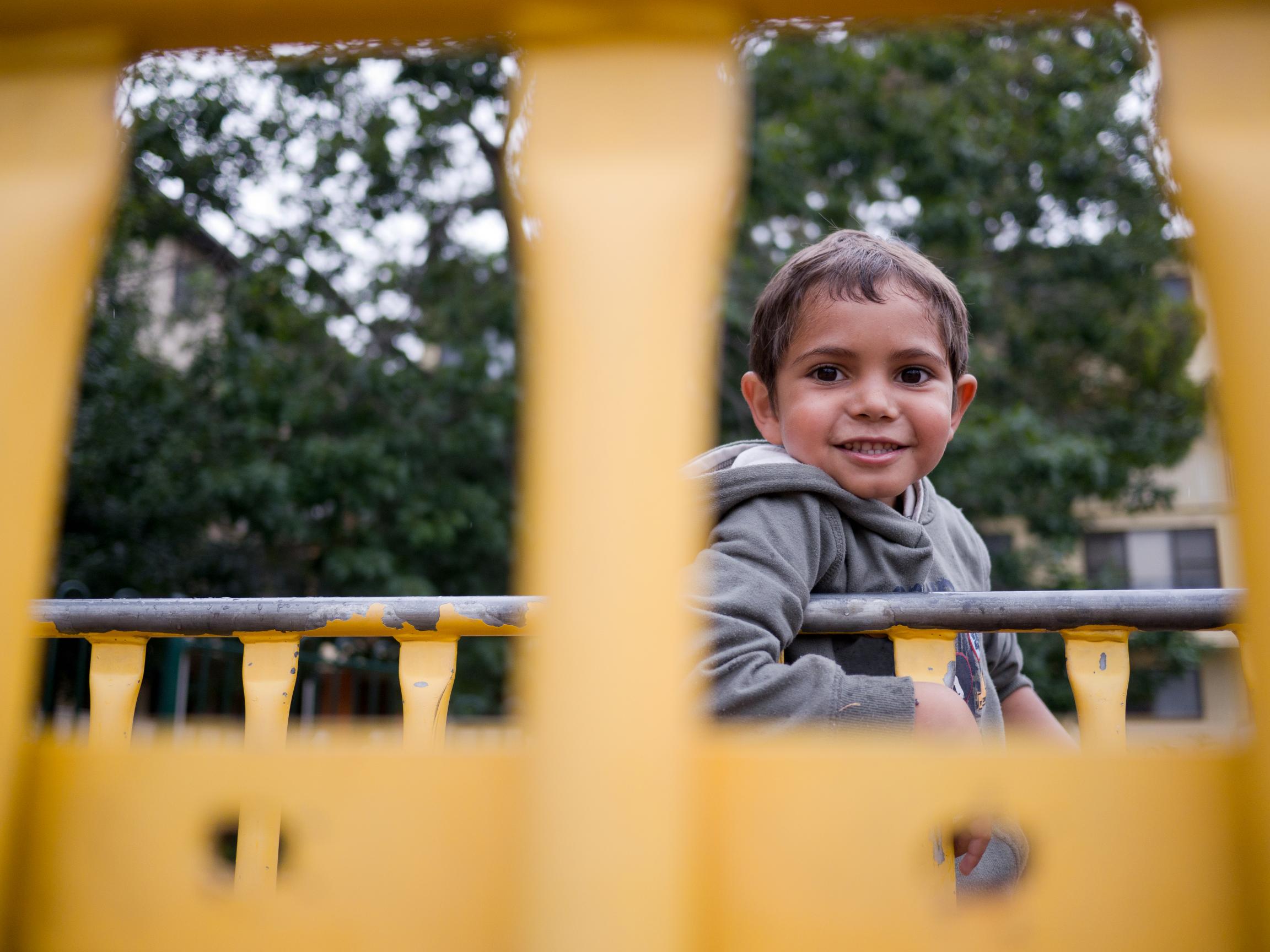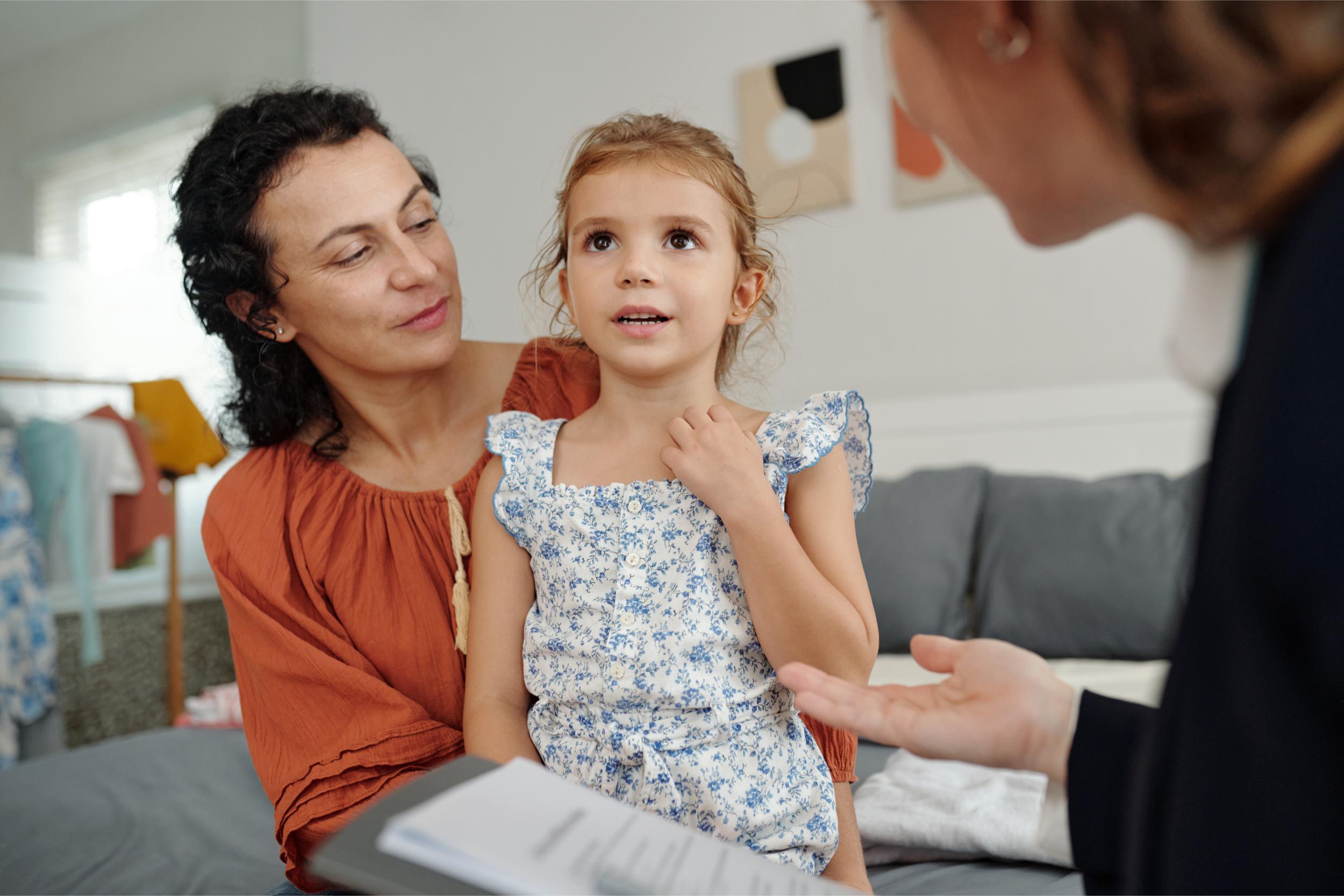Course Type
Keywords
Location
Learning Mode
Duration

Working Therapeutically with Men Who Perpetrate Violence
Develop skills to engage therapeutically with men who perpetrate violence, fostering accountability and promoting community safety while supporting safety for affected families.

Introduction to Working with People with Lived Experience
Explore the value of lived experience in practice. This course focuses on empathy, communication, and respectful approaches when working with individuals with lived experience. Gain skills to support and empower others effectively.

Accidental Counsellor
Equip yourself with practical counselling skills for challenging situations. Learn active listening, identifying emotional needs, and maintaining professional boundaries to support people in distress effectively.

Safe Environments for Children and Young People ‘Through Their Eyes’
Focused on child safety and wellbeing, this course covers child protection laws, mandatory reporting, recognising abuse and neglect, and creating safe environments for children. Participants learn trauma-informed approaches and practical strategies to improve organisational policies and responses to disclosures.

Conversations at the Kitchen Table
Master the art of therapeutic conversations with parents and carers to help children heal and thrive. Explore parenting techniques, emotion regulation, and strategies to enhance connection and improve outcomes for families.

Working Better with Nunga Kids
Learn to support Aboriginal (Nunga) children through culturally appropriate approaches. Developed by Aboriginal practitioners, this course fosters understanding and builds confidence in making a positive difference for children and families.

Introducing Marte Meo
Discover the Marte Meo method, a practical approach to supporting child development through building relationships with everyday communication. This course is suitable for professionals in early childhood, child and family, disability, aged care, and related sectors.

Supervision: Developing your Reflective Practice
Enhance your skills as a reflective practitioner providing quality practice supervision. This interactive workshop offers human service professionals, counsellors and social workers tools and strategies to help workers manage complex client concerns while maintaining a respectful supervision environment.